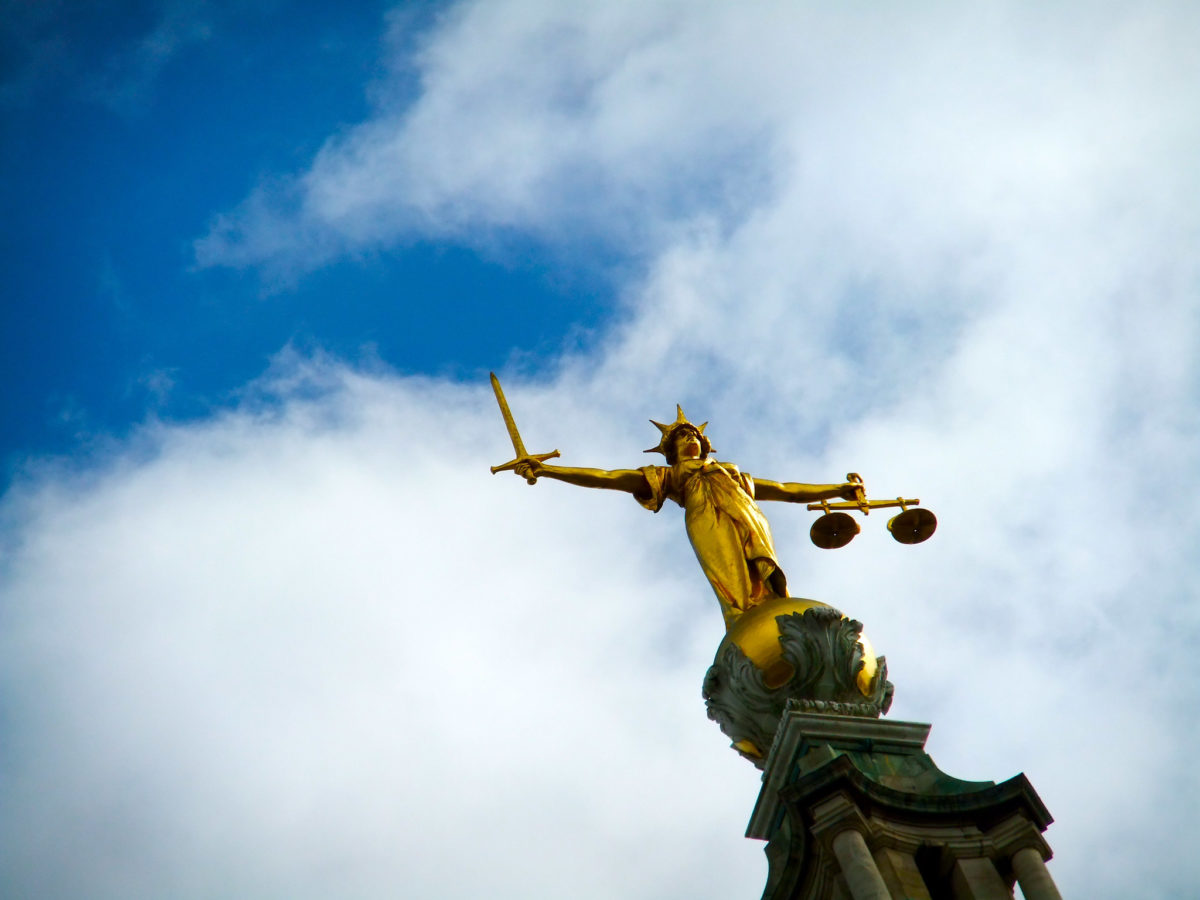Four reasons the Elections Bill spells trouble for our democracy
The government has thankfully watered down the ‘voter ID’ proposals. But the less high-profile aspects of the legislation are just as problematic.

1. Voter ID rules – watered down but not gone
The most high-profile aspect of the Elections Bill has thankfully been watered down. Previously, the government had suggested that they would require voters to show expensive photo ID (like a driver’s license, cost £34 online or £43 post; or passport, £75.50 online or £85 by post) in order to cast a ballot. This would have obviously impacted poorer voters, effectively amounting to disenfranchisement if they couldn’t find the money to buy an ID.
Now, Local Councils will issue free voter ID on request. Importantly, the government have also said they would cover the costs – so it shouldn’t suck resources away from other services.
Even so, this will still add needless complexity to the voting process – and some voters will struggle to overcome the barrier of getting round to apply for ID in time for the election. However, this can hopefully be mitigated by mass registration campaigns by civil society, local councils and political parties.
It’s still a worrying step towards US-voter suppression techniques, which place bureaucratic hurdles in the way of casting a ballot. After all, there is no evidence of voter fraud in the UK being a significant problem – with just 6 cases identified at the last general election.
2. It weakens the independence of the Electoral Commission
The Bill provides a mechanism (clause 12) for government ministers to guide the ‘strategic’ work of the Electoral Commission. They would produce a policy document which would then be voted on – without the chance for amendment – in Parliament (where they currently enjoy, of course, an almost totally unassailable majority).
While this might sound anodyne, it is a disturbing and new development to have the sitting government direct the policy and strategy of the body responsible for regulating elections.
3. It gives ministers sweeping powers over ‘third party campaigners’
Perhaps the most the outrageous element of the Bill lies in the powers that it gives to government ministers to determine which campaigning activities by ‘third parties’ (for example, civil society organisations, protest movements or trade unions) in the year prior to a general election should be subjected to electoral regulation.
As a letter from civil society groups initiated by Best for Britain put it, the Cabinet Office “could ban whole sections of civil society, including unions and charities, from engaging in elections either by campaigning or donating” in the year prior to one taking place.
The rules as they exist are already very difficult for small organisations with few resources to navigate. The Lobbying Act was framed as an initiative to limit the power of big business on the electoral process, but whereas large organisations have the resources that make legal compliance straightforward this is not the case with more grassroots movements. So, we already have a situation where compliance is straightforward for the wealthy that can invest in lawyers and internal oversight units, but very challenging for grassroots campaigns.
The Elections Bill would move us from this situation of bureaucratic inconvenience (the status quo) towards a more troubling situation by granting powers to ministers to intervene into the activities of civil society groups and social movements prior to an election.
4. It makes electoral pacts legally very difficult
The changes to regulation enshrined in the Bill would make it legally and financially difficult for political parties to launch an electoral pact at a UK general election. The Bill limits the total spending one party could undertake on another party’s election campaign to just £750. This would have a particular impact on smaller parties, which might wish to cooperate in a number of seats and do not have the resources to contest a large number of constituencies.
As Cary Mitchell has put it, “Parties may still decide not to stand candidates in certain constituencies, party spokespeople and leaders could still talk about shared goals between theirs and another party and one party could even still quote another party’s leader on their leaflets. But there could be no shared, common plan for how money is spent or targeted”.
***
So, it’s troubling all round and another sign of the UK’s government authoritarian drift.
November 11, 2021
Brexit Spotlight is run by Another Europe Is Possible. You can support this work by joining us today. The website is a resource to encourage debate and discussion. Published opinions do not necessarily represent those of Another Europe.





